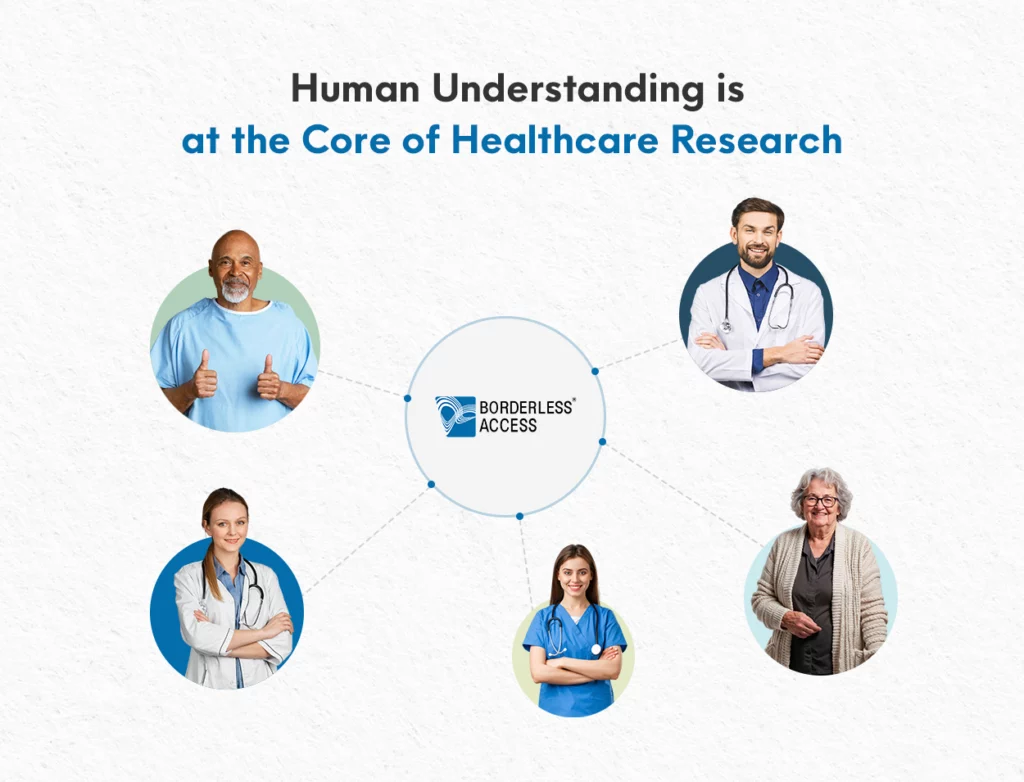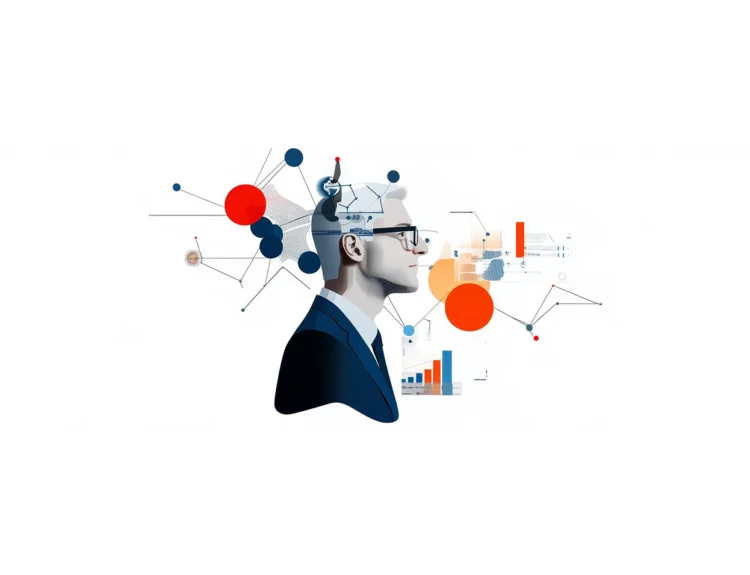In the healthcare research industry, it is an absolute necessity to deliver precision, not just important. Every decision informed by healthcare research insights carries profound consequences for public health, patient outcomes, and innovation within the industry. However, achieving such precision is becoming more complex than ever before. A tightly regulated environment, the sensitive nature of healthcare data, and rising demands for real-time evidence all present challenges that demand new ways of thinking and operating.
It is no longer enough to gather data; the insights we draw must be reliable, deeply contextual, and ethically sourced. That kind of insight does not just happen. It begins with how and from whom we collect the data.
Human Understanding Is at the Core of Healthcare Research

When I talk about healthcare research, I am not just referring to clinical facts or behavioral trends. I am referring to people, doctors making life-altering decisions, patients navigating complex treatments, caregivers interpreting pain or confusion, and public health professionals trying to anticipate what comes next.
This is why real, human-centered panels are so vital. A recent study by IBM Watson noted that even with advancements in artificial intelligence and data modeling, it is human intelligence, empathy, lived experience, clinical nuance, that continues to provide the kind of insight that machines cannot replicate.
That difference becomes even more significant when you consider the direction healthcare is heading. As the world moves toward more personalized, patient-centered care, generalized assumptions no longer hold up. You need to understand the nuances of medical decision-making, the emotional weight of patient choices, and the many shades of context behind every healthcare response. These insights can only come from carefully recruited, verified, and engaged human participants, healthcare professionals, allied health providers, and patients alike.
Technology Enhances Our Capabilities, It Does Not Replace Human Judgment
Over the last few years, we have seen how artificial intelligence and automation have transformed the operational side of healthcare research. Tasks that once took days or weeks, like identifying qualified respondents, flagging fraudulent patterns, or checking for data inconsistencies, can now be handled in real time.
At Borderless Access, we use these capabilities every day to support our healthcare clients across regions. AI-powered profiling helps us ensure that each study reaches the right kind of respondent whether that is a gastroenterologist in Spain, an oncology nurse in Japan, or a Type 2 diabetes patient in the United States. Machine learning supports our data cleaning and validation systems so that we are confident in the quality of every response we deliver.
But let me be clear: this technology does not replace human thinking, it empowers it.
The moment you step into healthcare research, especially in regulated markets, you begin to realize that algorithms cannot account for everything. They cannot fully grasp hesitation in a doctor’s answer. They cannot recognize cultural undercurrents influencing patient behavior. They cannot navigate the ethical considerations of engaging a respondent who is both vulnerable and critical to the research.
Technology gets us there faster, but it is human intelligence that tells us where to go and how to interpret what we find.
Scale Is Meaningless Without Local Authenticity
One of the most common requests I hear from healthcare clients especially those running global studies, is the need to scale quickly and consistently. The expectation is straightforward: run the same protocol across multiple countries, in multiple languages, with minimal deviation. And on paper, that sounds achievable.
In practice, however, the reality is more complicated.
Every market comes with its own set of rules, its own medical systems, patient behaviors, and professional ethics. Regulatory environments vary not just between countries but often within regions. What works in Germany may not be accepted in Brazil. What motivates a respondent in Saudi Arabia may not resonate with one in South Korea.
What we have learned at Borderless Access is that global healthcare research requires a framework that centralizes control without compromising on local understanding. That means setting up robust systems for compliance, fraud prevention, and quality governance but also allowing local teams and partners to adapt the operational model to suit their audience.
This is where our success in delivering complex multi-country studies comes from. Not because we offer a universal solution, but because we understand that regional nuance is not a barrier, it is the value we bring to the table.
Building Relationships Is the Secret to Data Quality
There is something else that does not get discussed enough when it comes to healthcare panels: and that is panel trust.
High-quality data is not only the result of rigorous targeting or clean survey design, it comes from respondents who feel respected and valued. Especially in healthcare, where participants are often professionals with demanding schedules or patients in vulnerable conditions, how we approach them makes all the difference.
We need to do more than ask questions, we need to build relationships. That means recognizing panelists as partners. It means respecting their time. It means sharing the purpose of the research, ensuring transparency in how their data is used, and rewarding participation meaningfully.
When these elements relevance, respect, transparency come together, we do not just get better data, we get real and genuine inputs. You get respondents who stay with you over time. You get richer, more thoughtful responses. You build a panel that is not just large, but genuinely engaged.
Making Precision Possible: A Practical View
From what I have seen across years of healthcare delivery operations, delivering high-quality panel access in regulated markets comes down to a few clear principles:
- Rely on real people with real experience. Verified healthcare professionals and patients provide nuance that algorithms cannot replicate. When in doubt, prioritize authenticity over scale.
- Use technology wisely. AI should make us more efficient, not less human. Use it to support operations, improve targeting, and maintain quality but do not expect it to replace clinical understanding or judgment.
- Respect every market’s uniqueness. Local realities matter. Build systems that support regional flexibility within a global governance framework.
- Invest in long-term relationships. Engagement is not a metric, it is a commitment. When you treat panelists with care and transparency, the data speaks for itself.
Looking Ahead
The future of healthcare insights will not be built by technology alone, nor will it rest entirely on human intuition. It will be shaped by organizations that understand how to bring both together with integrity.
Precision at scale is not a slogan, it is a discipline. In healthcare research, it is the only way forward.







